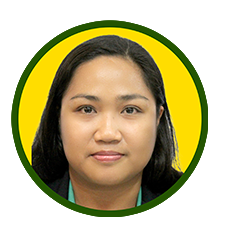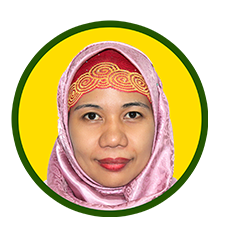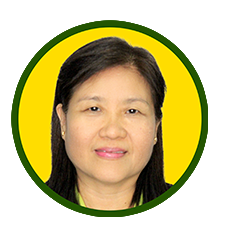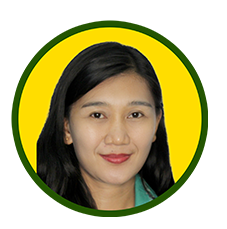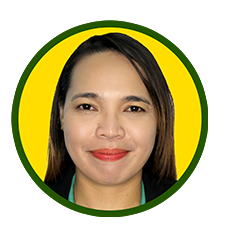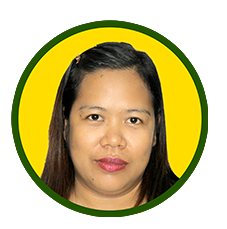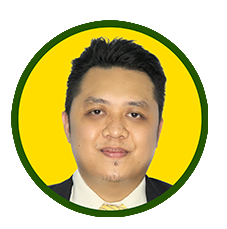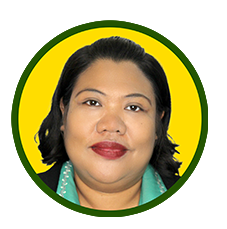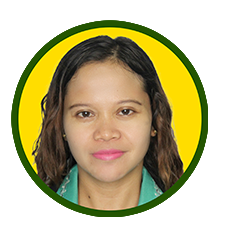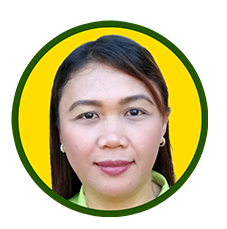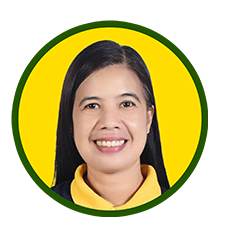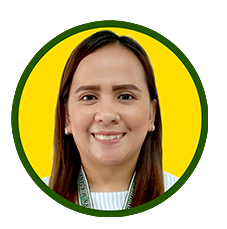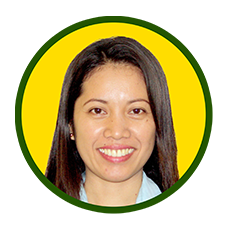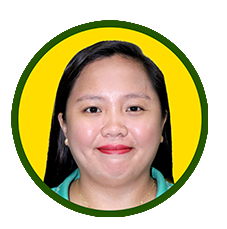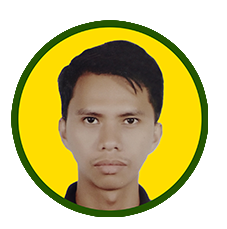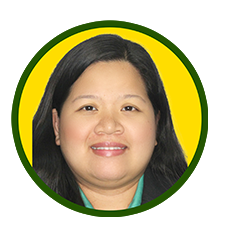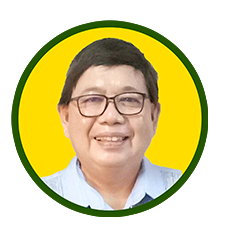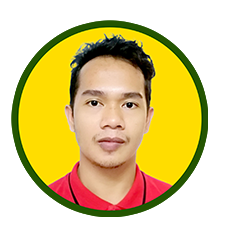
The College of Business, Development, Economics and Management (CBDEM), formerly Institute of Development, Economics and Management (IDEM), became a separate college from the College of Agriculture on December 10, 1992. It was converted into College of Business, Development, Economics and Management through BOR Resolution No. 9 series of 2008. Behind this, is a social mission to offer curricular programs to hasten the socio-economic development in Central Mindanao by producing graduates equipped with knowledge, skills and attitude to render public services to realize strong, effective and efficient governance.
The College has five departments, namely: Accountancy, Agribusiness, Agricultural Economics, Business Administration and Development Management. It offers six degree programs, namely: Bachelor of Science in Accountancy, Bachelor of Science in Agribusiness, Bachelor of Science in Agricultural Economics, Bachelor of Science in Business Administration, Bachelor of Science in Development Management and Bachelor of Science in Management Accounting. It also offers graduate programs, namely: Master of Science in Rural and Economic Development (MS RED), Master in Public Administration (MPA), and Doctor of Philosophy in Rural Development (PhD RD).
The college adopts the University’s admission requirements and policies for curricular offerings that do not require licensure examination, except for BS in Accountancy which has its own retention policy.
CBDEM was awarded ISO 9001:2015 Certification from July 17, 2018 – February 12, 2020. The Bachelor of Science in Agribusiness and Bachelor of Science in Agricultural Economics, are Level III, Phase 2 accredited by AACCUP. On the other hand, Bachelor of Science in Accountancy, and Bachelor of Science in Business Administration, are Level II accredited by AACCUP while the BS in Development Management program is Level I.
CBDEM has 33 competent faculty members, where 85% are on permanent status, 9% on part-time status while 6% on contract of service (COS). In terms of highest educational attainment, faculty members with Masteral degrees comprised 63%, while those with Doctoral degrees comprise 37%. Meanwhile, 59% of the faculty are pursuing their doctoral degrees, while Part-time faculty are lawyers who handle the Business Law courses of the college.
Seven faculty members are recipients of CHED Scholarship Program in the doctoral degrees which are aligned with the courses offered by the college that include economics, business administration, business management, and public administration. Of these scholars, two have graduated their Doctor of Business Administration (DBA) while the rest are completing their dissertations.
The College has three support staff on job order status, one clerk and two utility workers. The clerk is a college graduate, while the utility workers are undergraduates.
Faculty members of the college are actively involved in research funded by both external and local sources. Seventy-five percent of Professors are actively involved in research, while 50% of faculty in the Instructor to Associate Professor levels are actively engaged in research. Research outputs were presented in local, regional, national and international levels. Some are already working on their publication.
CBDEM is also actively involved in extension activities. The college-based extension project named “Collaborative Barangay-Based Development and Economic Mainstreaming (CBDEM) in Barangay Dagupan, Kabacan, Cotabato, now on its Phase III, is sustainable. The project is a collaborative effort of CBDEM-USM, DAR Beneficiaries, Dept. of Agrarian Reform, Dept. of Trade and Industry, Local Government Unit of Kabacan and Food and Drug Administration. The extension project’s activities are carried out by CBDEM faculty and student organizations/societies. The project was made possible by the active participation of faculty members who serve as resource persons, facilitators and mentors. Experts from other units of the University are tapped as resource persons and consultants to back-up CBDEM’s team.
Performance in the Licensure Examinations
The performance of the BS In Accountancy graduates in the May 16, 2019 Licensure Examination for Certified Public Accountants was 23% which was 7% above the national passing level of 16%. Apart from the CPA Licensure Examination, graduates of BS Accountancy and BS Accounting Technology took the Certified Accounting Technician Examinations. In the July 28, 2019 Certified Bookkeepers (CAT Level I), 14% were top performers with ratings ranging from 95%-100%. Of these top performers, 28% received high distinction awards.
Linkages
The college has established connections with more or less 39 firms both private and public institutions. The network with various firms provides technical assistance to graduating students in the off-campus On-the-Job Training/Student Immersion.
Infrastructure & Facilities
CBDEM has 12 classrooms and an Audio-Visual Room that could accommodate 65 persons. Other rooms are used as offices of faculty, Research, Extension, Accreditation and Local Student Organizations/Societies. A new CBDEM building to cater a bigger number of enrollees is erected and is expected to be ready for occupancy by the 1st semester of SY 2020-2021. Simultaneously, the construction of CBDEM covered court joining the old and new buildings is also about to finish.
Goals
To produce competent and responsible professionals who will provide leadership in business, development, economics and management.
Objectives
The objectives of CBDEM are:
- To develop the students’ entrepreneurial, managerial and leadership skills with high sense of integrity;
- To continually generate and impart knowledge, skills, attitudes and values to students;
- To disseminate the general knowledge, skills and technologies in the service areas through collaboration with government and non-government organizations;
- To establish and operationalize income generation activities in order to augment the limited resources;
- To continually train students, who will in turn become trainers to contribute to the development of the community.


